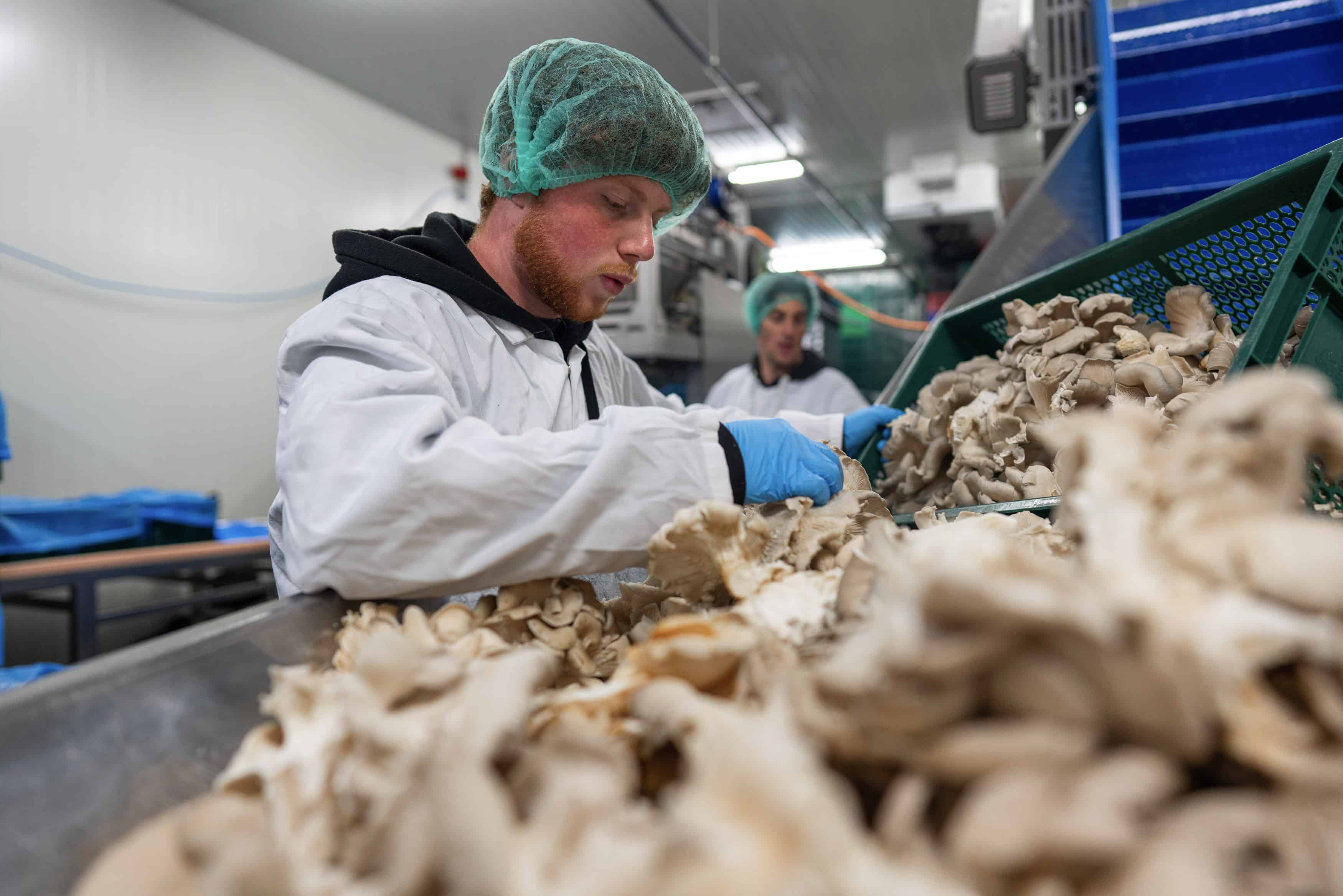
Deep Branch, a leading creator of sustainable food ingredients, has successfully commissioned its mobile pilot unit (MPU) in the Port of Rotterdam, taking a significant step towards commercialisation, says the company in a press release.
Working with OCAP, a gaseous carbon dioxide supplier, and Duijvestein, a top European tomato producer, the Carbon Craft project demonstrates that existing CO2 infrastructure can be utilised in protein production processes. The company’s gas fermentation platform technology, (R)evolve™, was used in the MPU, while an Enapter electrolyser facilitated real-time hydrogen utilisation.
The project showcased that CO2 from the horticulture industry can be effectively repurposed for protein generation, potentially leading to the establishment of Deep Branch’s first commercial facility at the Port of Rotterdam, aimed at servicing the European aquaculture and livestock markets.

Gas Fermentation Platform Technology: (R)evolve™
Deep Branch’s proprietary gas fermentation platform technology, (R)evolve™, lies at the core of the MPU. It is a custom-built, containerised version of the technology designed to validate CO2 and hydrogen sources for compatibility with the system. The MPU is a mobile, real-world testing environment that can assess the potential of carbon dioxide and hydrogen as key feedstocks for cultivating microbes in protein production via gas fermentation.
The built-in Enapter electrolyser allows the MPU to utilise hydrogen produced in real-time, further enhancing the efficiency of the system. The combination of (R)evolve™ and the Enapter electrolyser demonstrates the potential of Deep Branch’s technology to revolutionise the protein production industry by significantly reducing CO2 emissions.
Collaboration with OCAP and Duijvestein
The Carbon Craft project was conducted in collaboration with OCAP, a subsidiary of Linde that supplies CO2 to greenhouses growing vegetables and flowers, and Duijvestein, one of Europe’s leading tomato producers. The CO2 used in the project originates from the Port of Rotterdam and is purified and supplied by OCAP via a pipeline. Duijvestein’s partnership with OCAP has enabled the tomato grower to transition away from relying on natural gas as a CO2 and energy source, dramatically reducing its carbon footprint.
By proving the compatibility of existing CO2 infrastructure with Deep Branch’s protein production process, the Carbon Craft project has successfully de-risked the company’s technology, moving it closer to commercialisation.

Potential First Commercial Facility in Rotterdam
With the successful completion of the Carbon Craft project, the Port of Rotterdam has emerged as a potential location for Deep Branch’s first commercial facility. Establishing a commercial facility in Rotterdam would enable the company to service the growing European aquaculture and livestock markets by providing feed producers with a protein ingredient that boasts up to 90% less CO2 emissions than conventional ingredients such as soy and fishmeal.
Rob Mansfield, Deep Branch’s Chief Technology Officer, spoke about the project’s impact, stating, “The experience and outcomes from the Carbon Craft project will be used in parallel with our ongoing scale-up work at the Brightlands Chemelot Campus to inform engineering and operational considerations of a potential future commercial facility at the Port of Rotterdam”.








